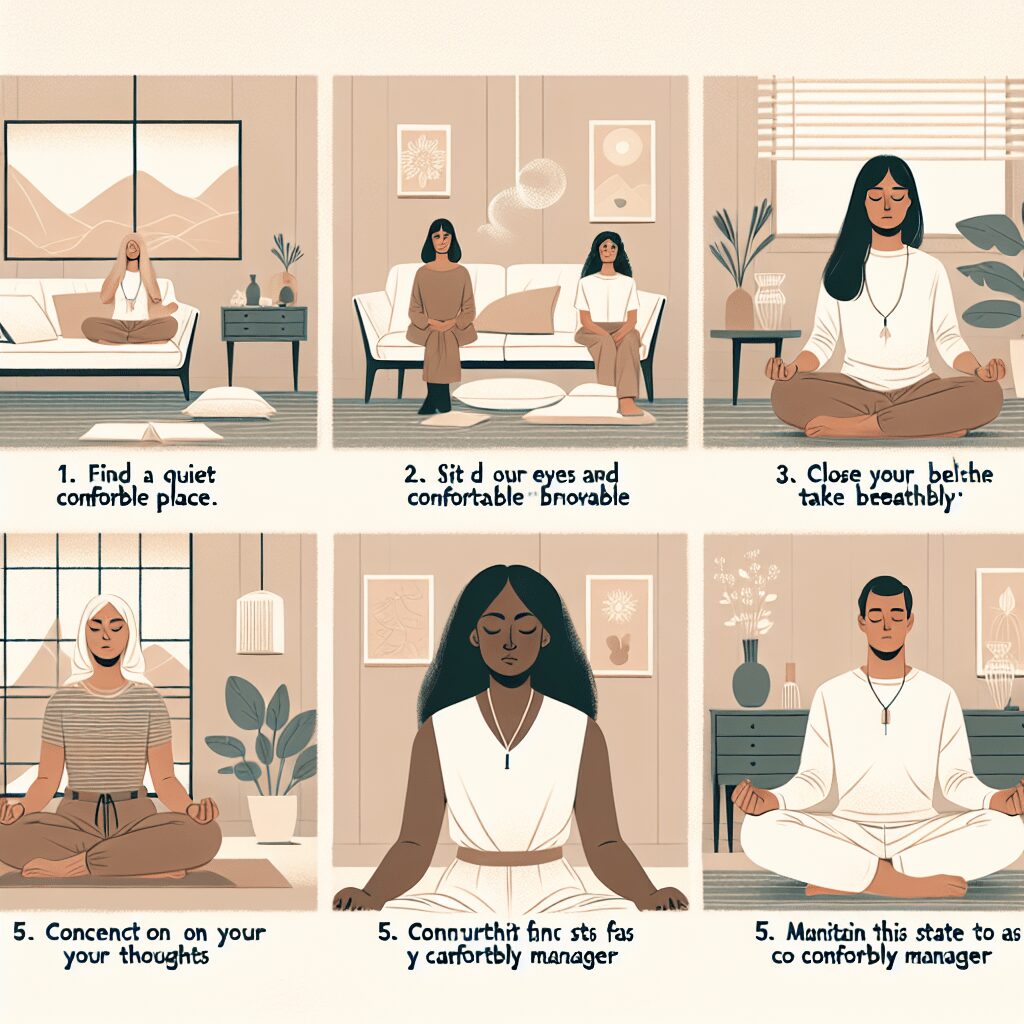
Prioritize your mental well-being daily. Enhance your life by nurturing your mental health with the Smart Meditation app. Break free from stress, alleviate anxiety, and enhance your sleep quality starting today.
Can Xanax Make Anxiety Worse?
Unveiling the Paradox: Can Xanax Aggravate Anxiety Symptoms?
In the labyrinth of mental health treatments, benzodiazepines, particularly Xanax (alprazolam), have carved out a significant niche for themselves. Known for their rapid relief charm, these meds often come across as the go-to solution for anxiety and panic attacks. However, here’s the kicker: while Xanax is indeed a knight in shining armor for many, it can paradoxically turn into a Trojan horse, exacerbating anxiety symptoms for some. Let’s delve into this dichotomy, shall we?
The Xanax Conundrum: A Double-Edged Sword
At first blush, Xanax seems like a miracle pill. Pop one in, and within minutes, the world seems a tad less overwhelming. That’s alprazolam working its magic on your central nervous system, sedating your body and mind. But, lo and behold, not all that glitters is gold. While Xanax is effective in the short term, its long-term use is where the plot thickens.
The Downward Spiral of Dependency
Here’s the crux of the issue: Xanax is habit-forming. With repeated use, your body starts getting too cozy with the drug, developing a dependency. This means, over time, you’ll need higher doses to feel the same level of relief. And guess what? When the drug wears off, anxiety symptoms don’t just return; they come back with a vengeance, often worse than before. It’s a classic case of taking one step forward and two steps back.
The Withdrawal Woes
Thinking of breaking up with Xanax? The drug’s withdrawal symptoms are akin to a bad breakup – painful and fraught with anxiety. Yes, the irony’s not lost on us. When you decide to taper off Xanax, your body, now dependent on the drug for relaxation, throws a fit. This can manifest as rebound anxiety, a cruel twist where anxiety levels spike, sometimes even higher than pre-medication levels.
Steering Through the Storm: Finding the Balance
So, where does that leave us? Is Xanax a friend or foe? Well, it’s a bit of both. The key lies in finding the balance and treading carefully. Here are a few nuggets of wisdom to bear in mind:
- Short-term Savior, Not a Long-term Lover: Think of Xanax as a temporary crutch. It’s great for acute anxiety episodes but not something to lean on forever.
- Doctor’s Orders are Gospel: Always use Xanax under the strict guidance of a healthcare professional. Follow their prescriptions to the T, and discuss any concerns openly.
- Have an Exit Strategy: Since dependence and withdrawal are real risks, have a game plan. Work with your doctor on a tapering schedule to gently wean off the drug.
- Embrace Alternatives: Explore alternative therapies and lifestyle changes that can help manage anxiety in the long run. From cognitive-behavioral therapy (CBT) to mindfulness, exercise, and diet adjustments, there are myriad ways to fortify your mental health sans medication.
In a nutshell, while Xanax is a potent ally in the battle against acute anxiety, its long-term role is fraught with potential pitfalls. Navigating this terrain requires a judicious approach, guided by professional advice and a commitment to holistic well-being. Remember, in the journey of mental health, quick fixes are seldom the heroes; the real champions are patience, persistence, and informed choices.





